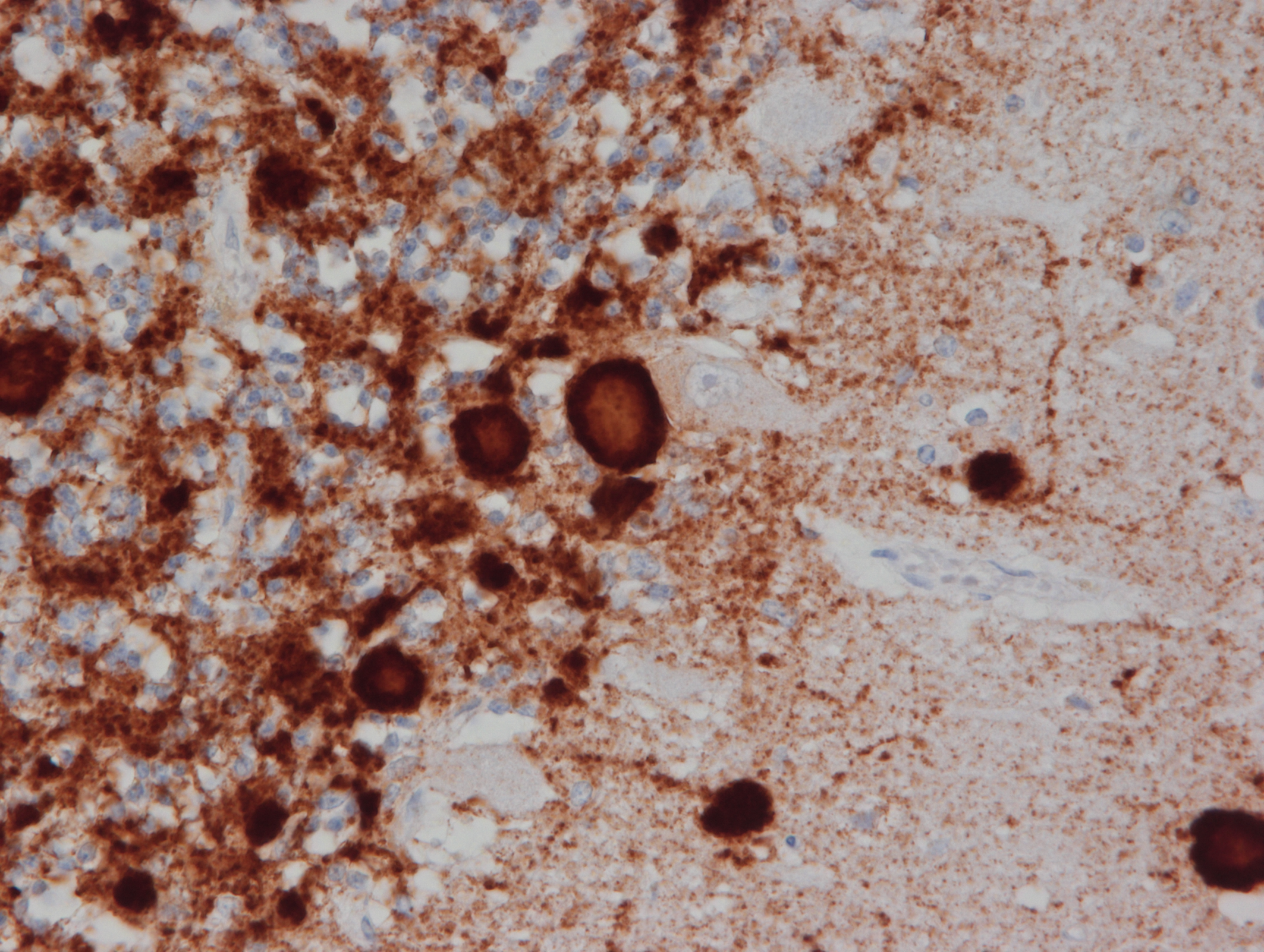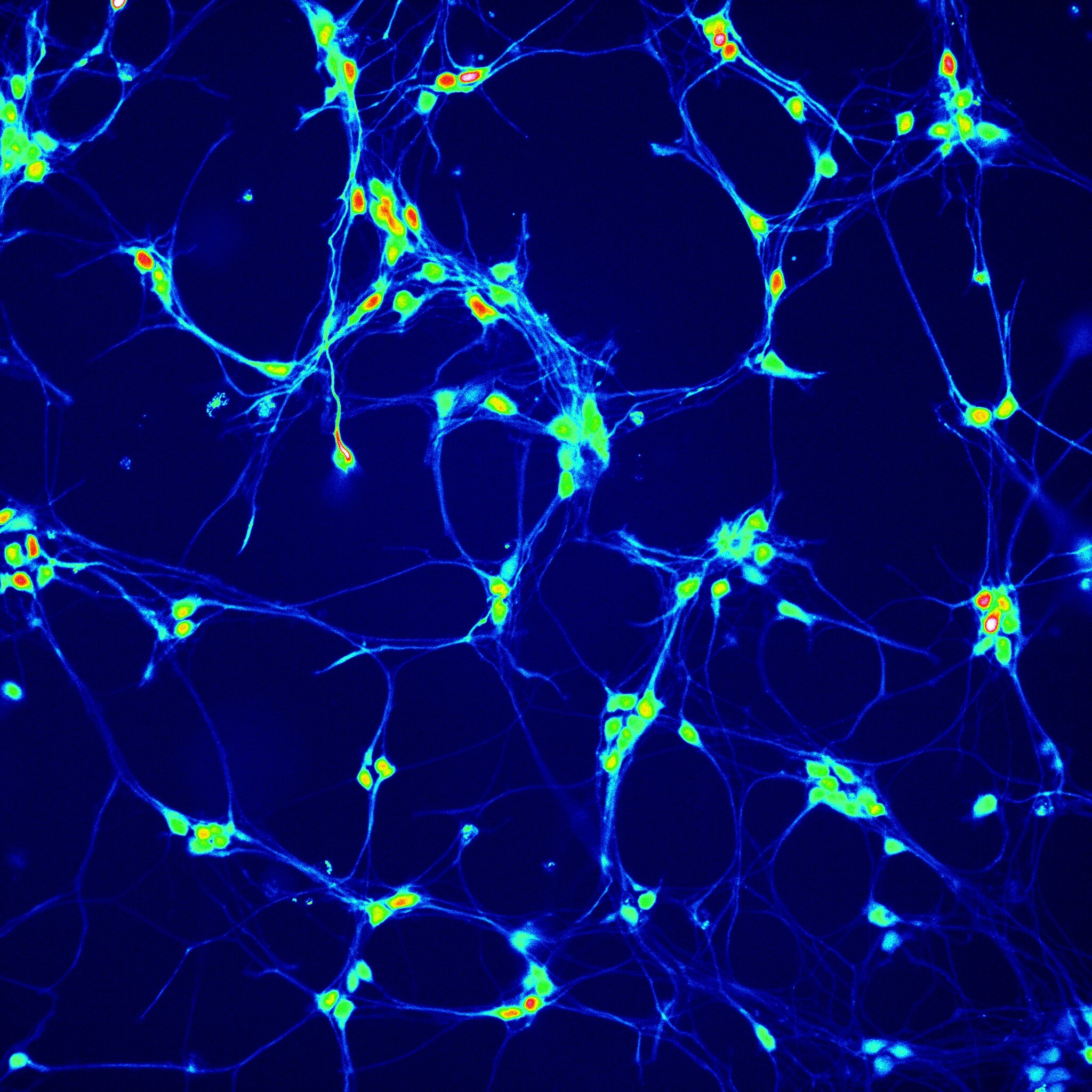
Probing Molecular Mechanisms Underlying Neurodegenerative Proteinopathies
Our Vision
To be a world-class research group that significantly contributes to the well-being of all people through better understanding of neurodegenerative diseases.
Mission Statement
To provide leadership and excellence in local and international collaborative research of the highest quality focusing on the molecular mechanisms underlying neurodegenerative diseases defined using comprehensive neuropathological examination
To advance knowledge through discoveries that can be translated into better prevention, diagnosis, and therapy of neurodegenerative diseases
To inspire local and visiting researchers and students in a compassionate and stimulating research environment using state-of the-art technologies
To provide a lasting legacy to the donors and families who put their trust in this research, without whom, this work would not be possible
To integrate our research into objectives, priority areas and research directions of the University of Toronto (https://www.utoronto.ca) and UofT Tanz Centre for Research in Neurodegenerative Disease (CRND) (http://www.tanz.med.utoronto.ca) and University Health Network (https://www.uhn.ca/Research) and Krembil Research Institute (https://www.uhn.ca/Research/Research_Institutes/Krembil)
ABOUT US
The Kovacs Lab is located at Tanz Centre for Research in Neurodegenerative Diseases, University of Toronto and Krembil Institute, University Health Network.
FUNDING
We are currently funded by the Edmond J. Safra Philanthropic Foundation, The Rossy Foundation, UHN Foundation, Parkinson Canada, and Michael J. Fox Foundation.
About Neurodegenerative Diseases
What are Neurodegenerative diseases?
Neurodegenerative diseases are characterised by progressive dysfunction and loss of synapses (a site of transmission of electrical or chemical signal between nerve cells or other effector cells), neuron (the basic working units of the brain) and their networks. This is associated with a response from the supporting tissue called glia (astroglia, oligodendroglia, microglia).
A crucial component of neurodegenerative diseases is the deposition of physicochemically altered variants of physiological proteins predominantly in the nervous system. Importantly, not only neurons but glial cells also accumulate these pathological proteins.
The following proteins are associated with the majority of sporadic and genetic adult-onset neurodegenerative diseases:
Amyloid-beta (Aβ), which is cleaved from the transmembrane amyloid precursor protein (APP), encoded by a gene on chromosome 21q21.3;
α-synuclein, a 140-aa protein encoded by a gene (SNCA) on chromosome 4;
Prion protein (PrP), which is a 253-aa protein encoded by the gene of PrP (PRNP) located on chromosome 20;
The microtubule-associated protein tau is represented by different isoforms and encoded by a single gene (MAPT) on chromosome 17q21;
Transactive response DNA-binding protein 43 (TDP-43), a highly conserved nuclear 414-aa protein encoded by the TARDBP gene on chromosome 1;
FET (abbreviation of the following three proteins) proteins, which include the fused in sarcoma (FUS; its gene on chromosome 16), Ewing’s sarcoma RNA-binding protein 1 (EWSR1) and TATA-binding protein-associated factor 15 (TAF15).
Further proteins are associated with hereditary disorders such as neurological trinucleotide repeat disorders, ferritin-, neuroserpin-related conditions, and familial cerebral amyloidosis.
Neurodegenerative diseases are also called proteinopathies.

Through the Magnifying Glass
Links to Lectures and Resources
Our Research
Click to learn more about our research,
methods used in our lab, current projects and our
Brain Donation Program at Toronto Western Hospital.
Our Publications
Click to see the most recent
publications made by our researchers
at the Kovacs Lab.

Contact Us!
Questions or comments?
If you are interested in supporting our research
feel free to contact us!
For Positions Available, please refer to the bottom of the About Us page under the Our Team tab.


















